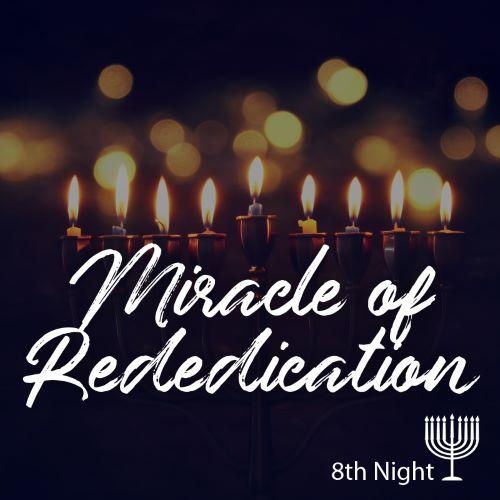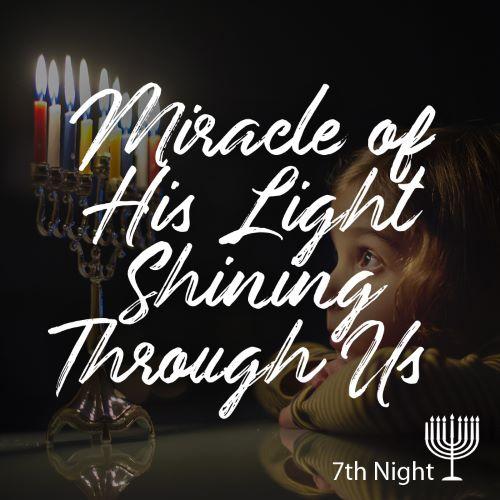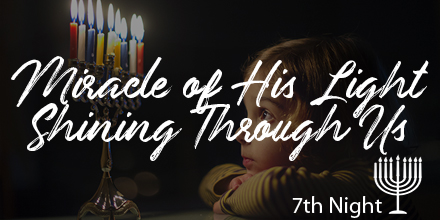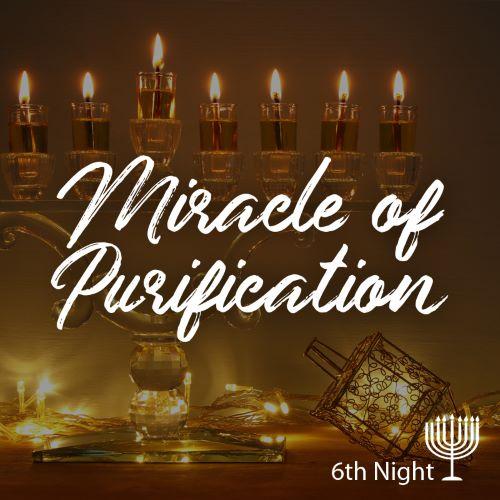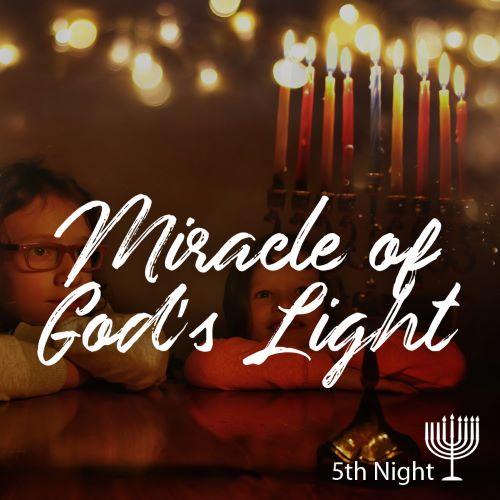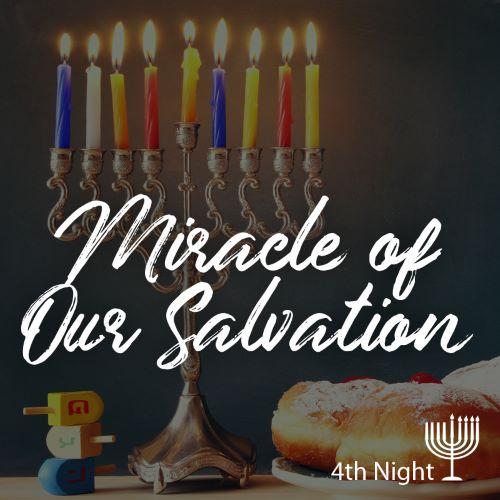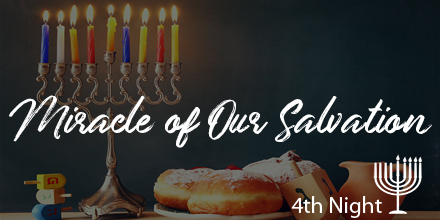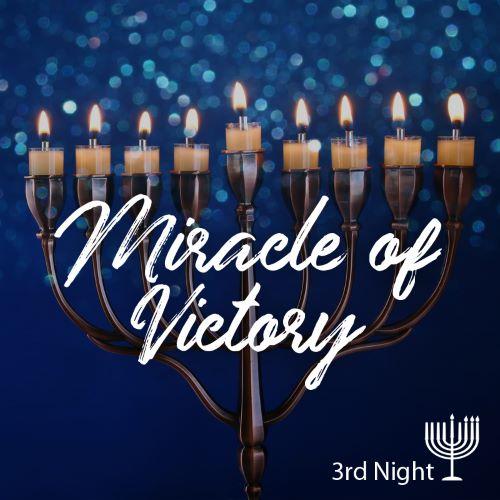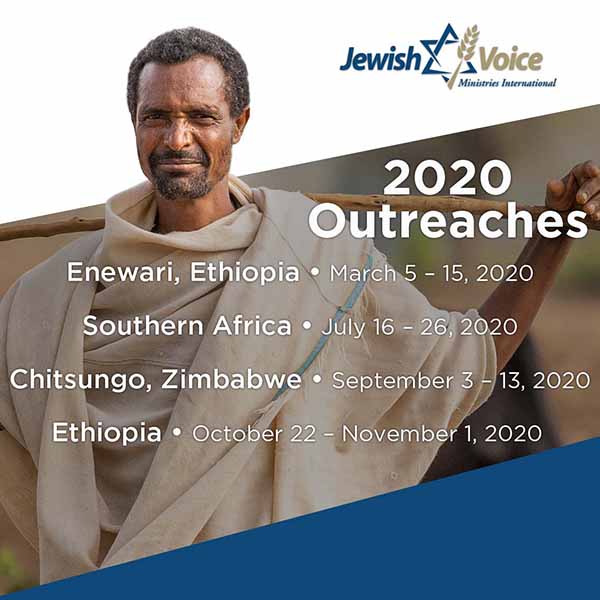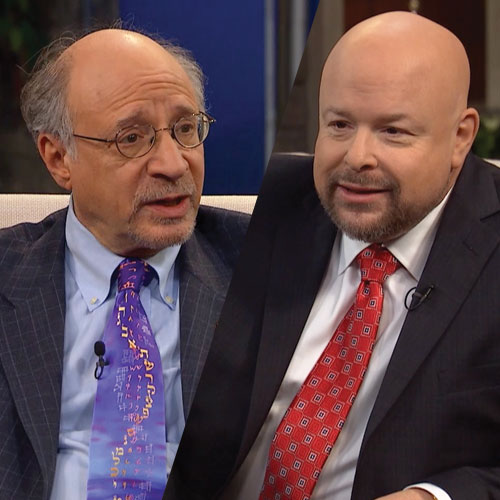
The word Chanukah means “dedication,” and the miracles the holiday celebrates center on the rededication of the Temple. The victory God won for the Maccabees brought a fresh start for Jewish worship. At last, they had their Temple back, and they could honor God as He had called them.
As Believers, whose bodies are called temples of God (1 Corinthians 6:19–20), we have the opportunity of renewed dedication every day. Each new dawn offers us the potential for starting over, drawing closer to God and watching Him work wonders of growth in our lives. His mercies and compassions are new every morning and open up opportunities for us to discover miracles latent in our rededication.
On this eighth night of Chanukah, we search our hearts to identify how we might need to rededicate our attention, discipline and faith to abiding in Jesus.
Messianic Jewish Chanukah Blessings
Place eight candles in the Chanukah lampstand tonight, setting them in the holders from right to left. As you light the Shamash, recite the Messianic Jewish Chanukah blessings:
Blessed are You, LORD, our God, King of the universe, who has sanctified us with Your commandments and has given us Yeshua the Messiah, the Light of the World.
Blessed are You, LORD, our God, King of the universe, who has performed miracles for our ancestors in those days at this time.
Candle Lighting
Using the Shamash, or Servant Candle, light the Chanukah candles in the opposite direction from which you placed them in the holders. Light them from left to right. Return the Shamash to its place. Let the candles go out on their own. They should burn for a least half an hour.
Scripture Readings
“Commit your way to Adonai” (Psalm 37:5a).
“Therefore, since we have such a great cloud of witnesses surrounding us, let us also get rid of every weight and entangling sin. Let us run with endurance the race set before us” (Hebrews 12:1).
“Let us hold fast the unwavering confession of hope, for He who promised is faithful” (Hebrews 10:23).
“His compassions never fail. They are new every morning; great is Your faithfulness” (Lamentations 3:22b–3).
“There is now no condemnation for those who are in Messiah Yeshua” (Romans 8:1).
“Therefore let us draw near to the throne of grace with boldness, so that we may receive mercy and find grace for help in time of need” (Hebrews 4:16).
Prayer
Father, thank You that each new day, each moment, is bursting with potential for us if we will dedicate ourselves to You in it. Thank You for these opportunities for a fresh start and new hope. Thank You for working in our lives and being involved in our stories. May we seize each hour to rededicate ourselves to You so that we might see Your miraculous power alive and fresh in our hearts.



